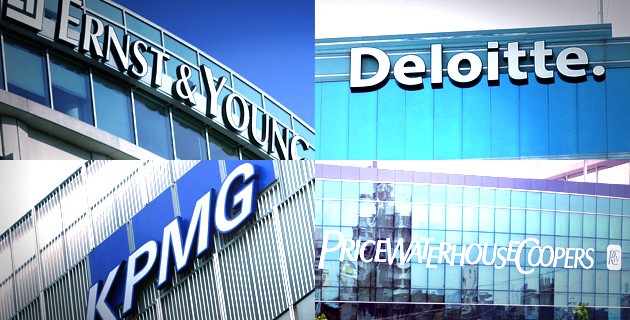Making Big Four partner ‘meritocratic but highly commercial’

Making partner at a Big Four firm is more meritocratic than previously considered – but does this create a culture of commercialism that could clash with what is expected of a ‘trusted adviser’? That is the question raised following a study due for publication in Contemporary Accounting Research.
The image of accountants from elite universities, accepted into the higher echelons of firms due to their background, is not necessarily accurate. Instead, many had a provincial university degree, coming from aspirational working class or a lower middle class background.
A survey of 32 partners, aspiring partners, retired partners and those who had failed to make partner in the Big Four firms, was undertaken by Crawford Spence, of Warwick Business School, and Chris Carter, of the University of Edinburgh.
“Of the 32 interviewees only three attended an elite university and one of those left at senior manager level complaining that he never fitted into the culture there,” said Spence.
“The rest followed a classic pattern of social mobility, whereby a university education enabled them to become professionals. By way of contrast the children of accounting partners were privately educated and attended or were planning to attend elite universities.
But successful partners were found to be highly commercial, which the researchers suggest could create a paradox where meritocracy on the basis of financial success creates such a level of commercialism that it clashes with the profession’s role as independent auditors and reviewers of company finances.
“Indeed, partners often do not do any accounting themselves at all as they are too busy working new commercial angles. ‘Technical partners’, who were accomplished accountants and were commonplace in the past, are now an anachronism. It is now crucial for partners to win work to continue a firm’s growth – people skills are more important,” added Spence.
“The pursuit of sales potentially compromises the integrity of the professional service offered and is a conflict of interest with the role of the accountant as acting on behalf of society in ensuring the accounts of a firm are accurate. Any notion of working in the public interest was entirely absent from the interviews.”
(By Kevin Reed)
Source: accountancyage




























